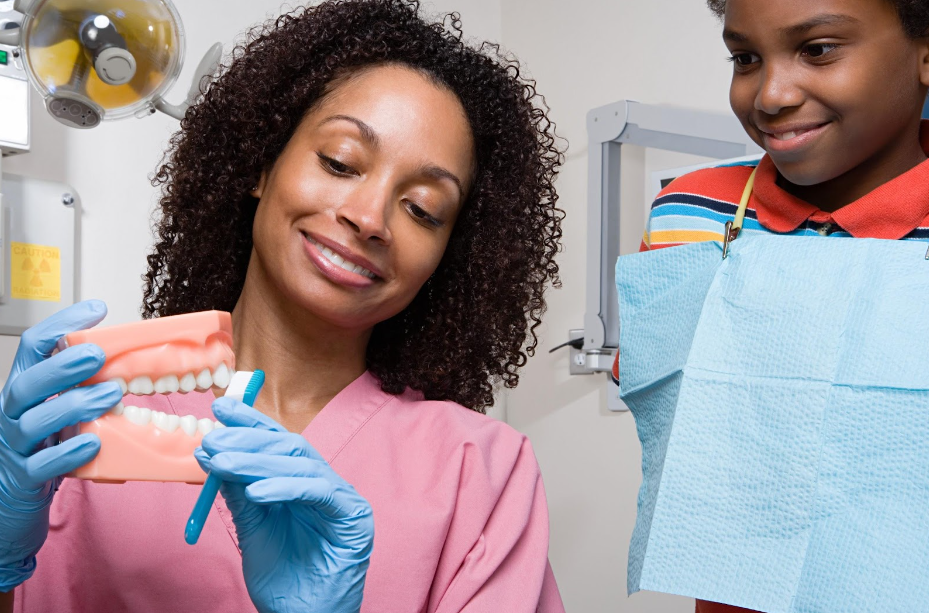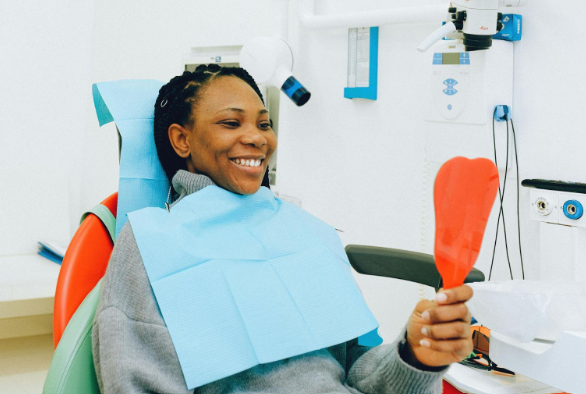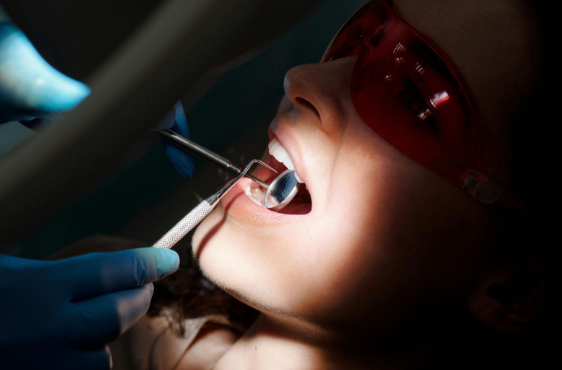Gateway Family Dental Blog
When Is the Most Effective Time to Brush Your Teeth?

How many times have you heard: Brush your teeth between two and three times a day.
When it comes to dental hygiene, sticking to a daily routine of brushing and flossing is of the utmost importance for good oral health, but it is important to remember that quality over quantity is better for your teeth and gums.
Clinical science supports the importance of brushing your teeth twice per day to prevent the formation of plaque and bacteria, and effectively remove food particles. You may be wondering when the best time is to brush your teeth to avoid plaque buildup and potential infections. To do it correctly, you can follow these simple guidelines:
Before or after Coffee?—before Is Best
Grabbing our soft-bristled brush and cleaning our teeth in the morning before having a sip of coffee and breakfast is the best way to keep your teeth healthy. Brushing your teeth after coffee removes plaque—a sticky white film that forms on your teeth and contains bacteria—and can potentially spread coffee stains around, weaken your gums, and increase tooth sensitivity.
You may have assumed that brushing after having coffee prevents stains and bacteria from building up on your teeth, but actually, you are making things worse. Many breakfast foods and beverages, like coffee, are acidic and thus chemically abrasive. Brushing your teeth after eating breakfast and drinking coffee softens the enamel—the outer layer that keeps your teeth safe from physical or chemical damage—and can increase sensitivity or gum disease.
Instead of damaging your enamel with your toothbrush, swish the water around your mouth and vigorously rinse your teeth and gums for up to one minute every morning after breakfast. If you still feel that a swirl with water doesn’t do it for you, we recommend waiting at least half an hour before brushing, or you could opt to floss your teeth after rinsing your mouth.
After a Meal
Brushing your teeth after a meal is an essential part of maintaining good oral health. It increases the chances that you will remove food particles from your teeth, gums, and tongue, preventing dental issues such as cavities, tooth decay, gum disease, and bad breath. It is important to remember to wait at least half an hour after eating an acidic lunch or dinner to brush your teeth, as it may cause the loss of tooth enamel.
To have strong and hygienic teeth, it is vital to have good gum health. If you don’t properly brush your teeth after lunch or dinner, plaque might start to build up around the gum line, leading to gum inflammation or even gum disease if left untreated. Regular brushing, especially after meals, helps to remove plaque from the gum line, reducing the aforementioned risks.
In addition, brushing your teeth after a meal, especially after chewing and eating strong-flavored foods, removes particles and bacteria that can contribute to bad breath, leaving your mouth feeling fresh and clean.
Bedtime—Don’t Rinse Your Mouth with Water
Don’t skip brushing your teeth at bedtime. No matter how tired you are, brushing before bed is an important part of maintaining good oral hygiene.
Before brushing remember to wait at least half an hour. It is important to bear in mind these two recommendations: brush your teeth for a full two minutes to ensure that you thoroughly clean all surfaces of your teeth, and make sure it is the last thing you do before bed. Lastly,
spit out
the toothpaste but don’t rinse it—toothpaste contains fluoride which helps strengthen your teeth.
Try to avoid eating or drinking anything, except for water, after brushing your teeth at bedtime. This helps to minimize the exposure of your teeth to food and beverages, allowing your saliva to work on remineralizing your teeth overnight.
In general, having a good brushing technique is important no matter how often you choose to brush your teeth. The best practice is to use a soft-bristled toothbrush and place it in a 45-degree angle towards the gumline of every tooth. Use long and swift strokes on the front, back, and chewing areas of your teeth to get a thorough clean. Don’t forget to gently brush your tongue and the inside of your cheeks to remove bacteria and maintain fresh breath.
Additionally, dentists recommend cleaning between your teeth once a day. You may use dental floss or another cleaner like a water flosser to enhance your oral hygiene routine and promote optimal oral health. If you skip this step, plaque can develop, increasing the risk of cavities and other dental problems.
It's always a good idea to follow the recommendations of your dentist or dental hygienist for personalized oral care advice. From preventing tooth decay to promoting healthy development, it's essential to prioritize your dental health. By partnering with a trusted dental provider like
Gateway Family Dentistry, you can ensure that you receive the best possible care.
Contact us today to schedule an appointment and keep your best smile.




